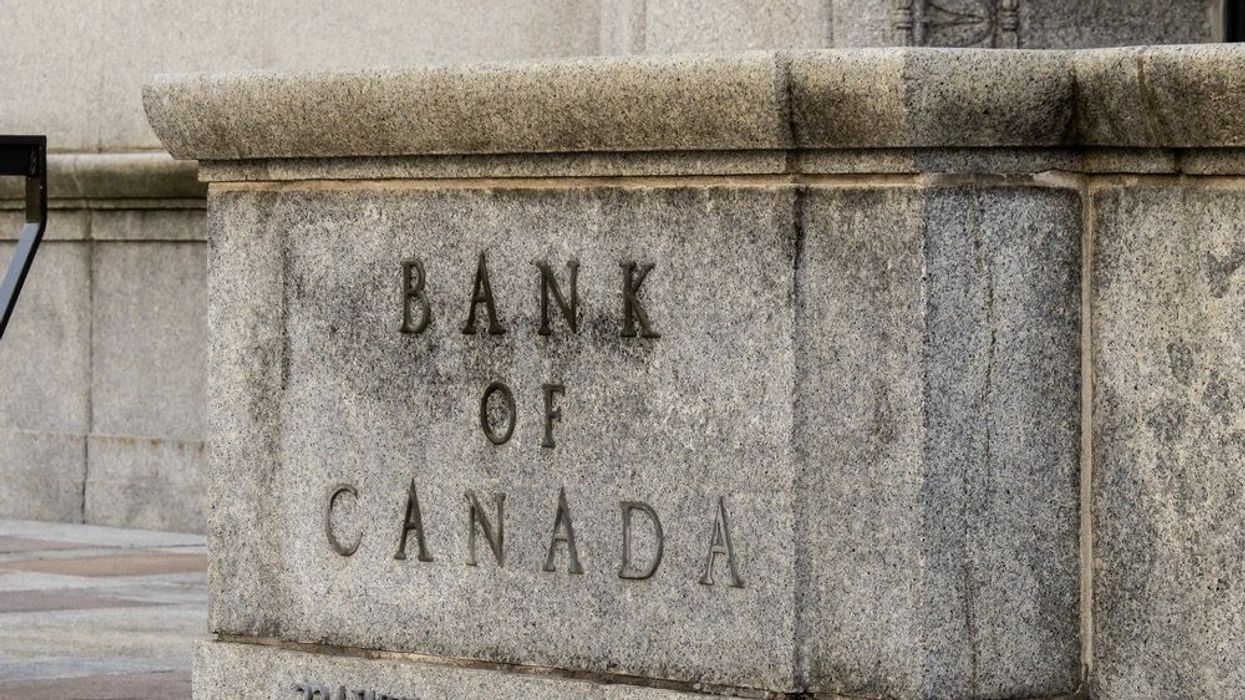The Bank of Canada raised its overnight interest rate by 50 basis points yesterday in a move that surprised few observers. But save for somewhat more moderate conditions, the housing market won’t be much affected by Wednesday's announcement.
“My expectation, overall, is we’ll see a gradual drag on demand and we’ll see inventory levels rise modestly, and we’ll see the rate of home price appreciation begin to soften. What were 20% price increases will probably be half of that,” Phil Soper, President of Royal LePage, told STOREYS.
“There are so many buyers chasing so few properties that I doubt we’ll even get to a balanced market this year. I think there will still be more demand than supply and a sellers’ market with uncomfortably high price appreciation, although nowhere near the crazy levels we saw in 2021.”
The Bank of Canada’s overnight rate is now 1%, 75 basis points below what it was in 2019 before the COVID-19 pandemic impelled the central bank to create a near-zero interest rate environment. At the same time, housing prices have never been higher and raising its overnight interest rate -- a necessary move to rein in record inflation, which is being exacerbated by China’s growing, and aggressive, lockdowns and the war in Ukraine -- will, as Soper says, curtail rapid appreciation.
“I’m not worried about the trajectory of the housing market. We had a period of excess growth for a while and now we’re due for a correction,” he said. “People will need to save more money to buy a property they want or even update their rental situation, because rental rates will work their way through the economy and experience upward pressure as well. But there will be another group of people who won’t be too impacted and can handle extra monthly payments.”
It's Still a "Cheap Money Era"
If anything is going to occlude buyers’ participation in the housing market, it’s benchmark pricing, not rising interest rates.
“You have to go back to before the 2008 financial crisis to find retail rates on a five-year fixed mortgage above 5%,” Soper said. “It is still a cheap-money era and it will take a long time to move back to what we saw 15 years ago prior to the financial crisis when what people were paying for a five-year fixed was closer to 6%.”
A report from Finder, which surveyed market experts, concluded that there will most likely be four more rate hikes this year, and if each one is a typical quarter percent increase, the overnight rate will be 2% by the end of the year -- at which point it isn’t unreasonable to expect housing demand to noticeably soften. Moreover, while 53% of economists surveyed in the report anticipate that housing prices will decline this year, 59% believe Canada will enter a recession either next year or by the first half of 2024.
But at 1.75%, today’s overnight interest rate isn’t particularly prohibitive for Canadians looking to buy homes --provided they can even stomach the exorbitant price points.
“The Bank of Canada’s rate increases do not technically remove anybody from the market for at least another 3%,” said Dustan Woodhouse, President of Mortgage Architects. “The qualifying rate is 5.25% or 2% above the contract rate, whichever is higher, so the Bank of Canada’s movement does not impact what variable rate mortgage applicants qualify for at all. A variable rate mortgage holder is still getting at, or near, 2.15%.”





















